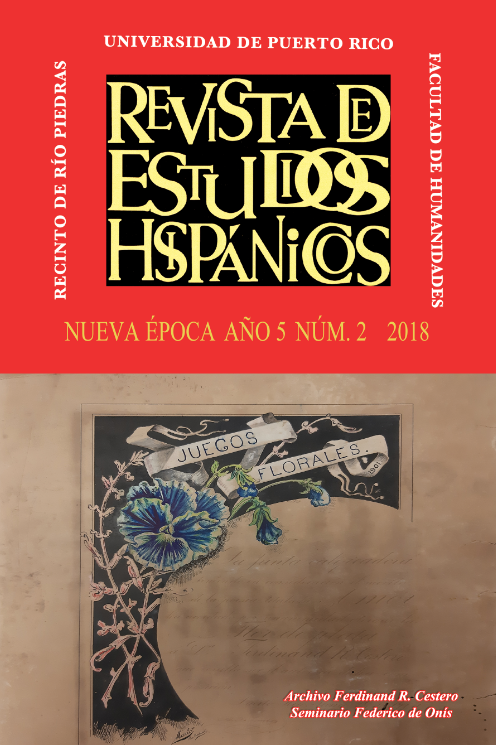Abstract
This article analyzes the novel Daimón (1978), by Argentinian writer Abel Posse, as a unique example of the so-called "new historical novel" in Latin America. Representing Latin American history as an eternal cycle of authoritarianism-rebellion-authoritarianism, Daimón offers a critique of Latin America‘s political history. Its critique, however –contrary to most of its contemporary novels- does not seem to offer any solution to the left, or to the right– to the subcontinent‘s "anachronism" or "underdevelopment". Partly based on Werner Herzog‘s movie Aguirre, the Wrath of God (1972), Posse‘s novel is also based on a dichotomy between nature and civilization. Contrary to the movie, however, Daimón presents this dichotomy as an "inevitable" defeat of nature in face of the "destructive forces of history", understood as the equally "inevitable" progress of liberalism-neoliberalism and global capitalism. In this sense, Daimón anticipates the so-called "end of history" that characterized the Western world after the end of the Cold War.This work is licensed under a Creative Commons Attribution-NonCommercial 4.0 International License.
Downloads
Download data is not yet available.

